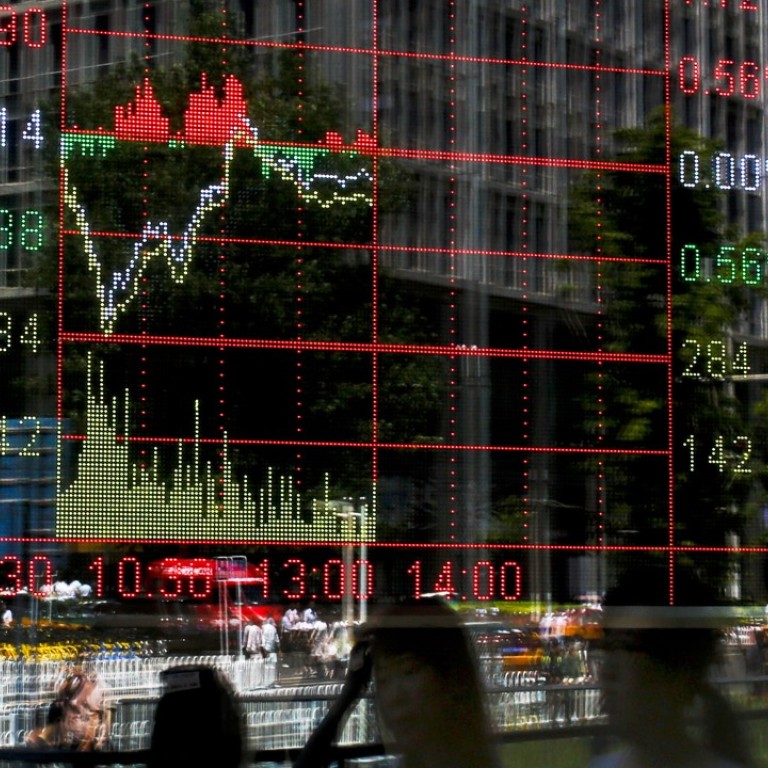
Asset manager expects China’s US$7tn stock market to benefit from greater foreign fund inflows in 2018
JPMorgan Asset Management also says US treasury yield not at a point where it will adversely affect global shares
JPMorgan Asset Management remains positive about China stocks this year, as increased foreign fund inflows are expected to prop up equities and the US treasury yield has yet to reach a point where it will start to adversely affect global shares.
The inclusion of mainland equities in MSCI’s global benchmark in June is expected to put yuan-traded stocks – known to investors as the A-share market – on more foreign investors’ radars, and any potential increases in US interest rates will signal the Federal Reserve’s upbeat outlook for the economy, Tai Hui, chief market strategist Asia at the money manager, said during a briefing in Shanghai on Thursday.
“The MSCI inclusion is pretty positive for A shares, which will expose the market to more interest from foreign investors,” he said. “Normalisation of monetary policies is actually good for stocks. Interest rates and stocks will actually move in synchrony before interest rates reach a turning point, which we are still a bit far away from now.”
China stocks, which were previously viewed as isolated from the global markets, are now becoming more susceptible to foreign capital flows, as the start of exchange links with the Hong Kong bourse have made it easier for overseas investors to buy and sell shares on the US$7 trillion market. Its benchmark index, the Shanghai Composite, tumbled by 9.6 per cent in the second week of February to become the worst performer among global stock markets, after a sell-off that started in US equities spilled over to spook traders.
Hui said investors do not need to worry too much about the current level of the 10-year US treasury yield and the pace of rate increases by the Fed. Only when the treasury yield rises to 3.5 per cent will it start to really weigh on equities based on historical data, he said. The yield recently traded at about 2.9 per cent.
Normalisation of monetary policies is actually good for stocks
“Before the yield reaches that level, stocks and the interest rates will move in the same direction,” Hui said. “Only when the inflection point is breached, will the correlation between stocks and interest rates begin to weaken.”
He said investors should stick to emerging market stocks, as they were less pricey than US equities, earnings remained strong and a weaker US dollar would attract funds into developing markets.
Hui said China will keep in place its deleveraging drive this year to remove excessive funds from the financial system, to let money better support economic growth rather than contribute to financial speculation, a move that will potentially benefit stocks.
“Mainland investors do not have many investment channels,” Hui said. “With the property market under the government’s tightening policies, they will put their money in the stock market.”

